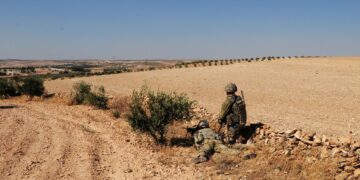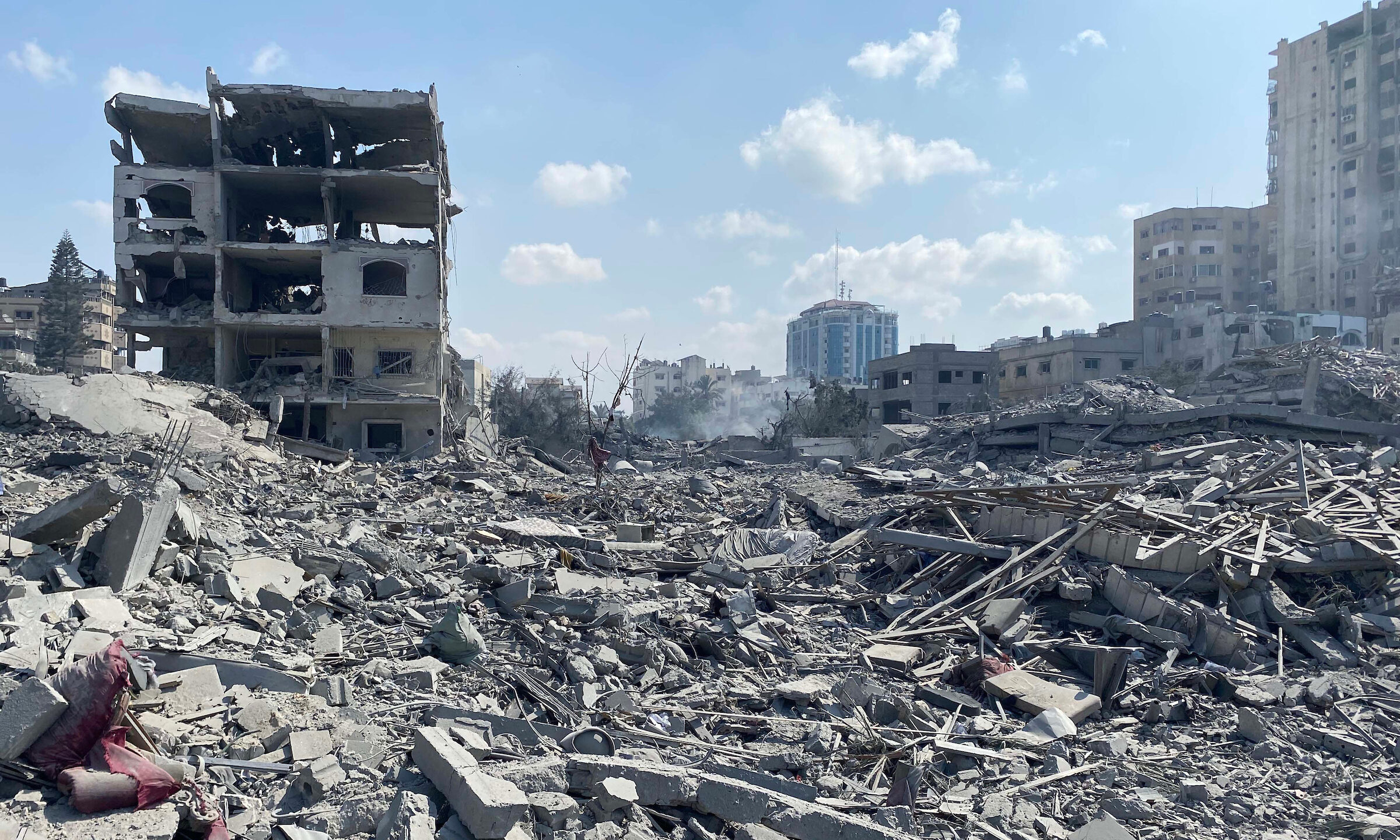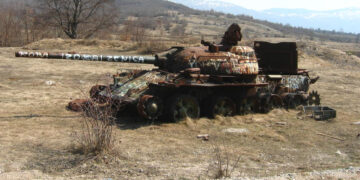He had been on Israel’s most wanted list for years. More than any other Hamas leader, Yahya Sinwar was the mastermind of Operation Al-Aqsa Flood on 7 October last year. It was the worst massacre of Jews since the Holocaust, a horrific and spectacular operation that left 1,200 dead and 250 taken hostage. It blindsided Israel’s much-vaunted intelligence services and armed forces, leaving them shocked and humiliated, as it did prime minister Benjamin Netanyahu, who had artfully and diligently presented himself as Israel’s “Mr Security”. Netanyahu has now delivered the vengeance of Sinwar’s death. But this act alone is unlikely to change the post-7 October landscape – either the diplomatic deadlock or the blasted skyline of Gaza itself.
If 7 October was Netanyahu’s humiliation, it was Sinwar’s foul triumph. His death will be celebrated by Israel’s leaders as well as its people – and rightly so. Sinwar spent more than 20 years imprisoned in Israel, during which time he learned Hebrew, rooted out informants, survived a brain cancer, and established himself as the undisputed leader of other Hamas prisoners. Only with great reluctance did the Israelis agree to make him part of a 2011 prisoner exchange arranged to secure the release of Gilad Shalit, a young IDF soldier Hamas had abducted in 2006.
Unchastised, Sinwar rejoined Hamas, plunged back into the fight, and before long entered its inner circle. He was a hard man: humourless, pitiless, consumed by the determination to extirpate what he regarded as a mainly British-enabled mass influx of European Jews. Save for occasional gestures of compromise – for example his willingness to accept the Palestinian Authority’s quest for a two-state solution through negotiations with Israel – he maintained that Hamas would never accept Israel’s legitimacy or abandon its goal of its total destruction.
Author

Rajan
Menon
Non-Resident Senior Fellow
More on Middle East

By Daniel Davis
December 20, 2024

Featuring Dan Caldwell
December 17, 2024





